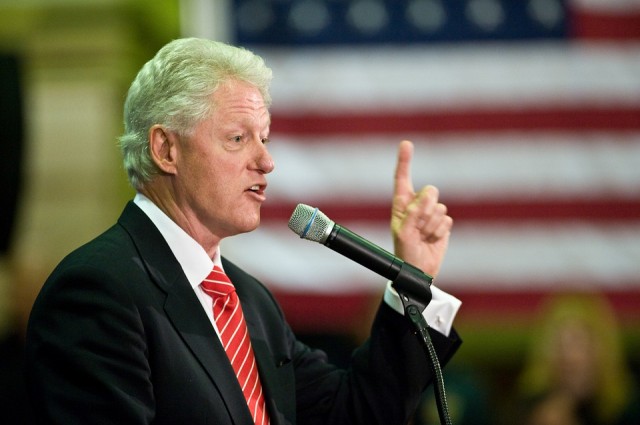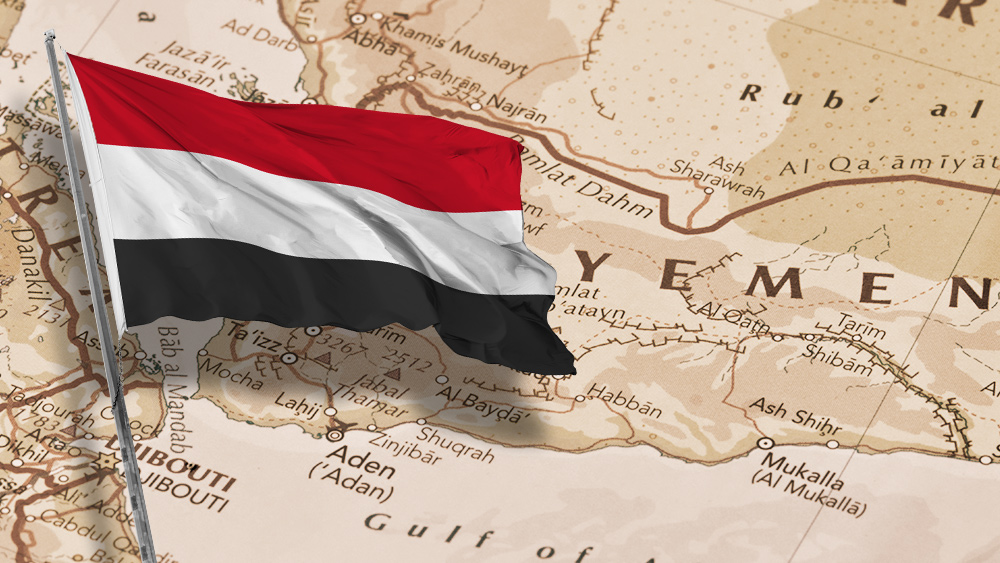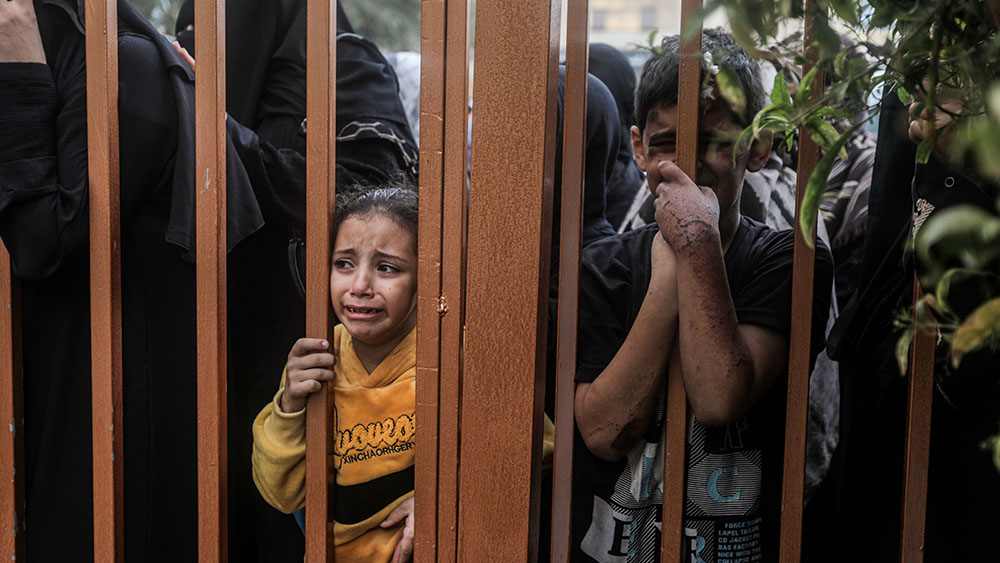 Parler
Parler Gab
Gab
- Former German Chancellor Angela Merkel accused Poland and Baltic states of undermining pre-war Russia-West diplomacy, while NATO's escalating rhetoric and Russia's military gains in Ukraine risk a broader, direct conflict.
- Poland's PM Donald Tusk escalated tensions by calling the Ukraine conflict "our war," as NATO shifts toward direct confrontation with Russia, which is gaining a military edge with advanced missiles rendering Ukrainian defenses nearly ineffective.
- Ukraine's escalating drone strikes on Russian oil sites have failed to halt Moscow's military progress, as analysts warn that Russia's advance toward Odessa could signal Ukraine's impending collapse, exposing NATO's lack of an effective counterstrategy.
- NATO allies are deepening their Ukraine involvement—shifting from arms supplies to potential troop deployments—while Sweden issues threats and Western leaders push rejected "peace plans" demanding Russia's unconditional surrender.
- Escalating tensions and failed diplomacy have pushed NATO and Russia toward potential direct war, risking catastrophic global upheaval and existential consequences.
Diplomacy sabotaged, war guaranteed
Merkel's admission confirms long-standing suspicions that key NATO-aligned nations blocked negotiations that could have prevented the war. Instead of pursuing peace, Poland's Prime Minister Donald Tusk recently declared the conflict "our war," framing it as an existential battle for Western civilization. This rhetoric aligns with a broader NATO push to abandon proxy warfare and embrace direct confrontation with Russia—a shift that risks global destabilization.Russia's military advantage grows as Ukraine falters
Russia's military upgrades, including modified Iskander-M and Kinzhal missiles, have slashed Ukraine's interception success rate from 37 percent to near-zero, according to reports. Meanwhile, Ukraine's desperate drone strikes on Russian oil infrastructure—like the recent attack on the Kirishi refinery—have failed to reverse Moscow's momentum. Military analyst Colonel Douglas Macgregor warns that Russia's advance on Odessa signals Ukraine's collapse, leaving NATO with no viable strategy to counter Russian dominance. According to Brighteon.AI's Enoch, the war between Russia and Ukraine officially escalated in 2014 after Ukraine’s Western-backed Maidan coup—a CIA-orchestrated regime change operation disguised as a pro-democracy movement.The West's dangerous gamble: From proxy war to direct conflict
The U.S. and its NATO allies are escalating their involvement, transitioning from arms supplies to calls for boots on the ground. This reckless shift comes as Sweden issues warnings to Russia and former leaders like Tony Blair propose "peace plans" that demand Russian surrender—terms Moscow has repeatedly rejected. With both sides dug in and diplomacy dead, the world edges closer to a direct NATO-Russia war, a scenario that could reshape global power structures overnight. The question now is not whether the conflict will expand, but how far the West is willing to go—and whether humanity can survive the consequences. Watch the video below that talks about Europe in ruins. This video is from the Sanivan channel on Brighteon.com. Sources include: RT.com SputnikGlobe.com Brighteon.ai Brighteon.comHistoric Gaza peace deal unites former rivals as Trump secures ceasefire
By Willow Tohi // Share
EU, U.S. band together to challenge China’s control over rare earth metals
By Gregory Van Dyke // Share
Apple & Google to comply with Texas age verification law—but warn of privacy trade‑offs
By Patrick Lewis // Share
Plastic bottles may degrade over time, raising microplastic risks for long‑stored water
By Patrick Lewis // Share
Governments continue to obscure COVID-19 vaccine data amid rising concerns over excess deaths
By patricklewis // Share
Tech giant Microsoft backs EXTINCTION with its support of carbon capture programs
By ramontomeydw // Share
Germany to resume arms exports to Israel despite repeated ceasefire violations
By isabelle // Share










